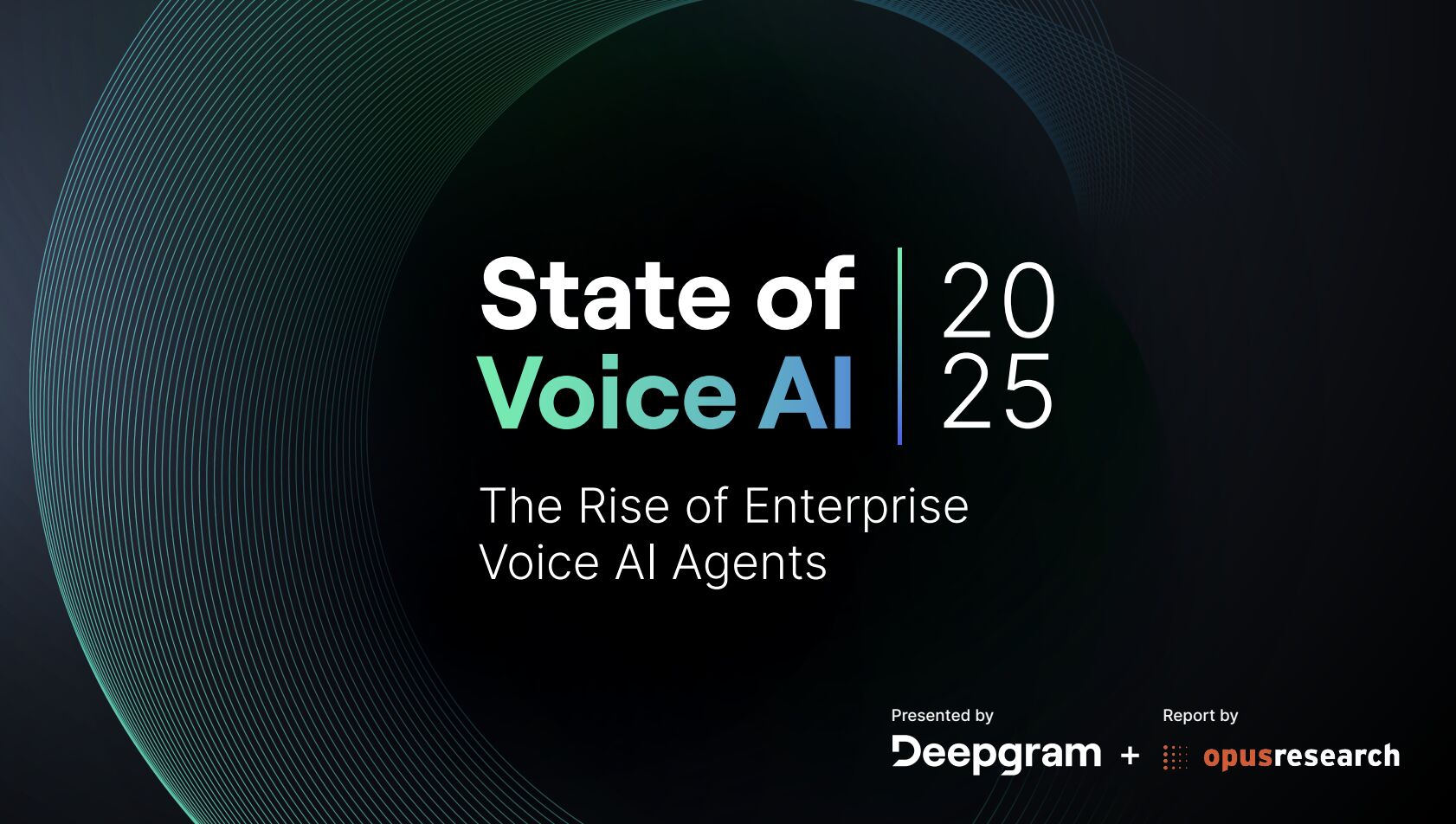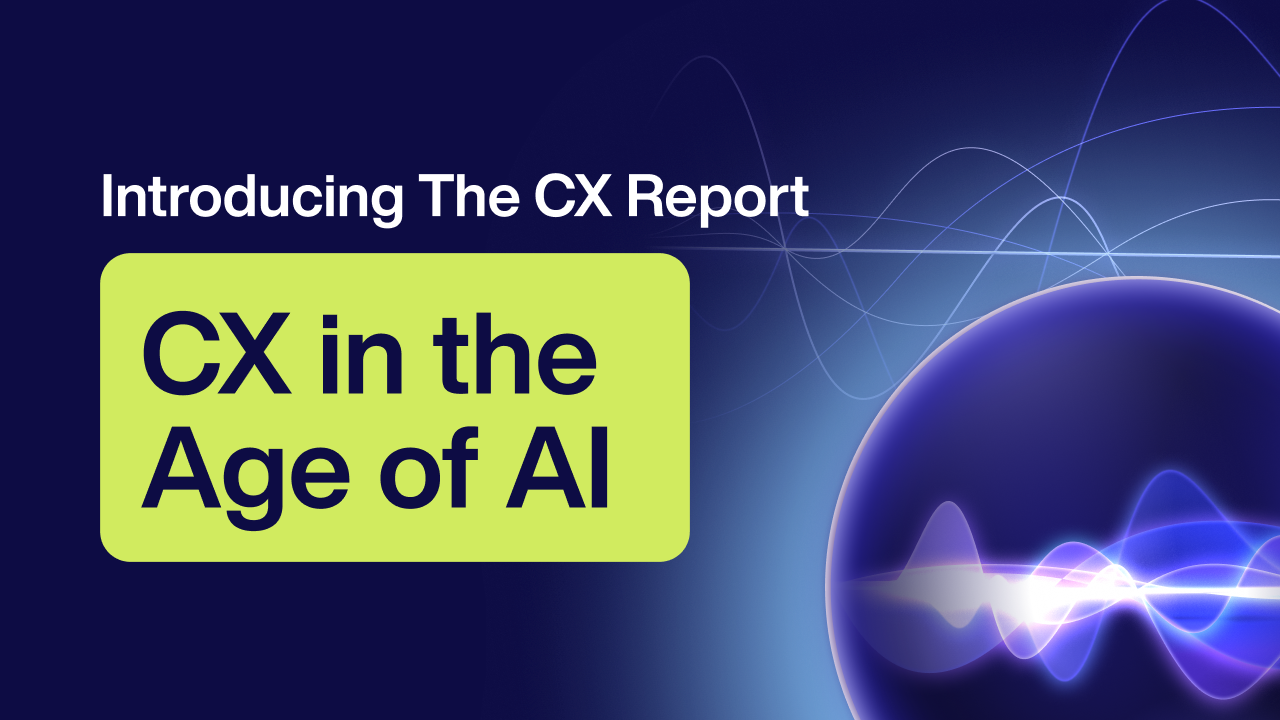Top 5 Healthcare Automation Technologies to Transform Care

Healthcare automation is revolutionizing the medical field by enhancing efficiency, reducing errors, and improving patient care. Automation in healthcare isn't just a trend; it's becoming a necessity as the aging population drives an increased demand for healthcare services.
Robotic Process Automation (RPA) is a significant part of this transformation, automating repetitive tasks such as data entry and claims processing. Meanwhile, AI and automation are reshaping diagnostics and treatment planning through predictive analytics and personalized care.
Healthcare workflow automation software companies are developing solutions to streamline operations, significantly reducing administrative burdens. Patient engagement automation tools enhance communication, resulting in improved patient outcomes and higher satisfaction rates. Appointment scheduling automation optimizes resource use and reduces no-shows, ensuring patients receive timely care.
Pharmacy automation systems boost medication dispensing accuracy, enhance inventory management, and improve patient safety. Similarly, automation in claims processing accelerates reimbursements, reduces administrative costs, and improves cash flow. Benefits verification automation ensures timely insurance coverage verification, minimizing delays in patient care. Overall, healthcare automation is essential for regulatory compliance and improved interoperability across systems.
Overview of Healthcare Automation
Healthcare automation uses technology to perform tasks traditionally managed by humans, ranging from simple data entry to complex diagnostic processes. Automation enhances accuracy, reduces human error, and covers administrative tasks, clinical processes, and patient interactions.
Key components include:
- Robotic Process Automation (RPA): Automates repetitive administrative and clinical tasks.
- AI Algorithms: Analyze large datasets for research, diagnosis, and treatment plans.
- Workflow Automation Software: Streamlines operational processes.
- Patient Engagement Tools: Improve communication between patients and providers.
- Pharmacy Automation Systems: Efficiently manage medication dispensing and inventory.
These technologies collectively enhance efficiency and quality, meeting growing industry demands driven by an increasing patient population.
Importance of Automation in Healthcare
Automation is vital for modern healthcare, enhancing operational efficiency and enabling healthcare professionals to prioritize patient care. It significantly improves patient safety by minimizing human errors.
Benefits of automation include:
- Improved accuracy in data handling.
- Enhanced patient care through focused attention.
- Cost savings by reducing administrative overhead.
Moreover, automation ensures compliance with regulatory standards, maintaining accurate and consistent records crucial for healthcare governance.
Robotic Process Automation (RPA) in Healthcare
RPA automates repetitive healthcare tasks, allowing staff to focus on patient care. It is particularly effective in data-intensive processes, reducing errors and speeding operations.
Key RPA roles include:
- Data entry automation.
- Accurate and timely billing.
- Automated compliance reporting.
Definition and Benefits
RPA involves software bots that perform structured, repetitive tasks, significantly enhancing operational efficiency, reducing labor costs, and increasing productivity.
Use Cases in Claims Processing Automation
RPA simplifies manual claims processing by automating data verification, document retrieval, and error handling, leading to quicker reimbursements.
Success Stories
Many healthcare providers have successfully implemented RPA, achieving outcomes like:
- 50% reduction in manual billing errors.
- Accelerated claims processing.
- Reduced administrative support needs.
Patient Engagement Automation
Automating patient engagement enhances communication, improving patient-provider interactions and satisfaction through personalized experiences.
Key features include:
- Automated alerts for medications and appointments.
- Feedback collection to improve services.
- Personalized health communications.
Enhancing Patient Interaction
Automation strengthens interactions by providing timely, relevant health information, resulting in higher patient engagement and trust.
Critical strategies include:
- Real-time patient communication.
- Educational content delivery.
- Satisfaction surveys for continuous improvement.
Appointment Scheduling Automation
Appointment scheduling automation optimizes resource allocation and reduces missed appointments through:
- Reminder notifications.
- Dynamic rescheduling.
- Efficient time management.
Platforms providing these solutions integrate seamlessly with existing healthcare systems, offering flexibility and ease of use through cloud-based systems, mobile apps, and integrated portals.
Pharmacy Automation Systems
Pharmacy automation enhances medication dispensing accuracy and inventory management, significantly reducing human error and operational inefficiencies.
Key automation features:
- Medication dispensing machines.
- Automatic inventory tracking.
- Prescription verification.
Automation streamlines pharmacy operations, enabling pharmacists to focus more on patient care. It ensures medication accuracy, inventory management, and improves overall patient safety.
AI and Automation in Healthcare
AI integration amplifies healthcare automation, improving diagnostics, treatment plans, and operational efficiency through intelligent data analysis and predictive modeling.
Key AI contributions:
- Predictive analytics.
- Personalized treatment plans.
- Efficient data management.
Role of AI in Enhancing Automation
AI makes automated systems smarter and more adaptive by quickly analyzing complex data and optimizing resource allocation.
AI Use Cases in Healthcare Automation
AI applications include predictive modeling, virtual health assistants, and improved medical imaging diagnostics, all leading to better decision-making and efficiency.
Challenges and Considerations
Implementing AI and automation faces challenges, including:
- Data privacy.
- System interoperability.
- Implementation costs.
Strategic planning and careful investment ensure successful AI integration, balancing innovation with ethical considerations.
Healthcare Workflow Automation Software Companies
Companies developing healthcare workflow automation software are crucial for reducing manual errors, enhancing efficiency, and streamlining communications.
Important software features include:
- Task automation.
- Data integration.
- Performance monitoring.
Key Market Players
Prominent companies offering healthcare workflow automation:
- Epic Systems: Known for electronic health records (EHR) management.
- Cerner Corporation: Comprehensive healthcare IT solutions focusing on interoperability.
- Allscripts Healthcare Solutions: Flexible and user-friendly automation tools.
Comparing Solutions
When choosing solutions, providers should compare:
- Functionality and range of tasks.
- User interface intuitiveness.
- Integration capabilities with existing systems.
Evaluating these elements ensures optimal automation solution selection, improving operational effectiveness and patient outcomes.
Conclusion
Healthcare automation significantly enhances efficiency, reduces costs, and improves patient outcomes. Investing in automation solutions such as RPA, AI, and pharmacy automation positions healthcare providers as industry leaders, ready to meet the increasing demands of a complex healthcare landscape.
No Spam —
Just Good Stuff.
Join our newsletter for actionable advice, insider knowledge, and strategies that drive real results.
No fluff, just value.
%20(1).png)

.png)


























































































.png)
.png)
.png)



.png)
.png)
.png)
.png)